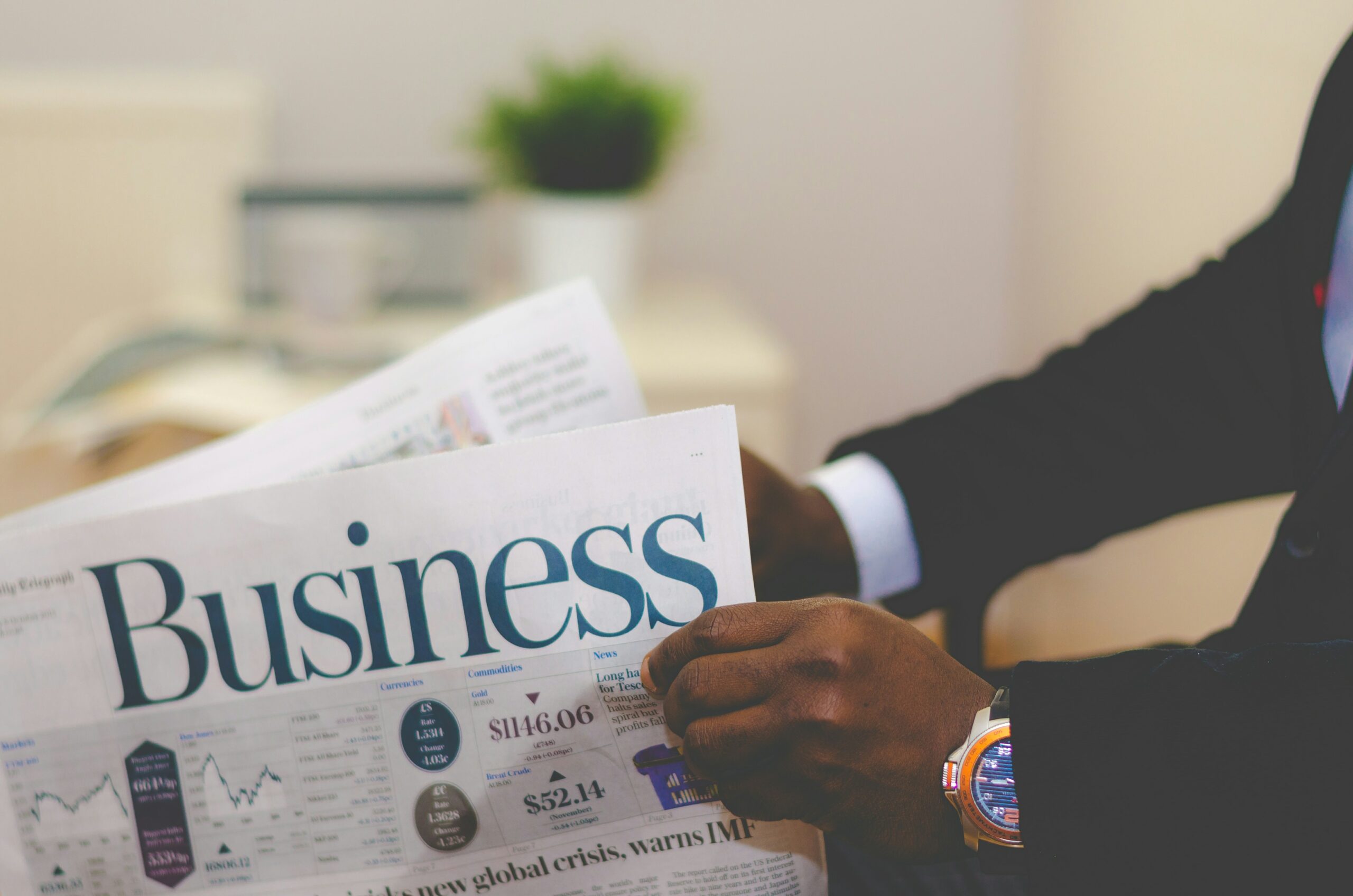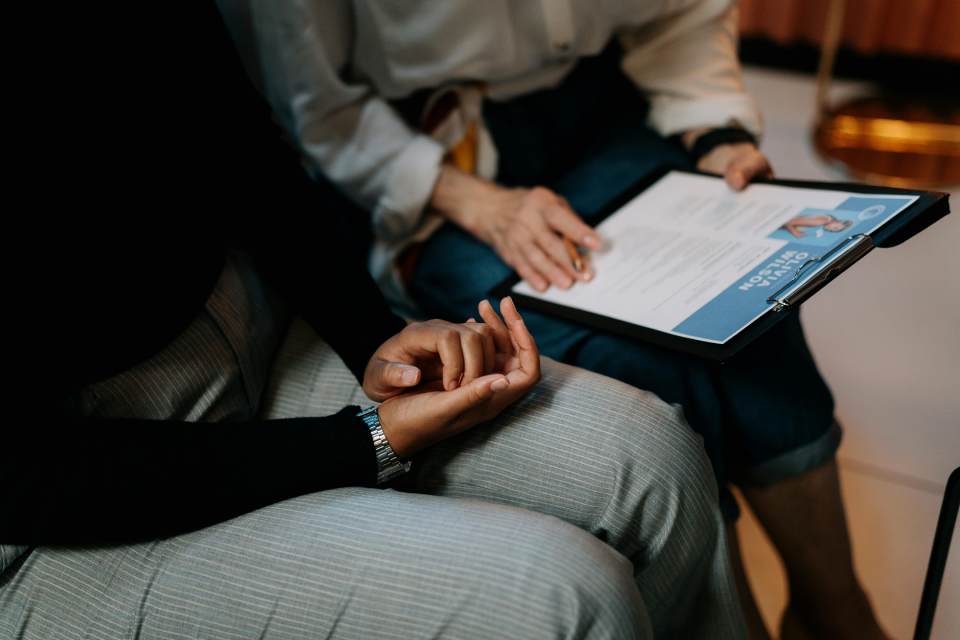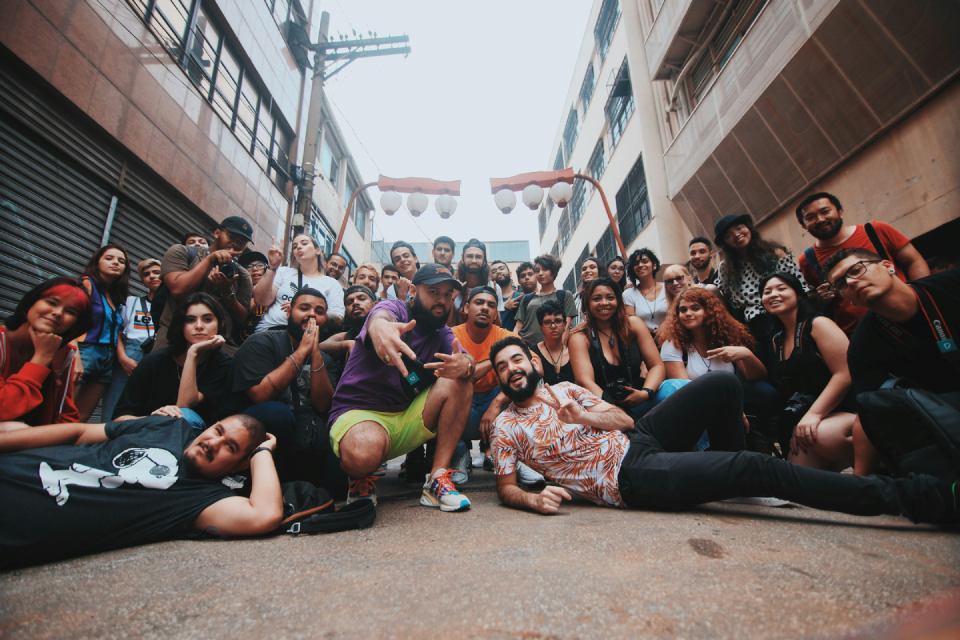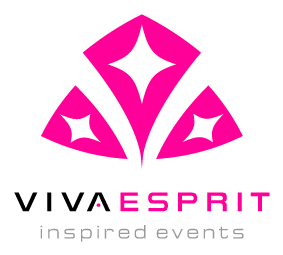With the 2022 World Cup currently headlining news channels across the country, most of us can agree that sporting events can be a PR’s dream and disaster. There have been controversies quite rightly, as football fans, pundits and even people with no interest in the game continue to voice their opinions on this tournament’s location, political storms and the talents on and off the pitch.
However, one point for certain is that women have been mentioned and have made more of an appearance in this year’s World Cup than ever before, from female pundits on popular sporting channels to female referees making a real difference to the scoreline. In relation to successful business owners, though, we all understand the value of making a strong impression. And, when it comes to mastering how to network in the world of sport, making contacts and building relationships is what you need to focus on as that’s one of the best ways to ensure you’re on top of your game.
How you achieve this is a matter of individual choice. Some of us like to take the direct approach, emailing someone we’d like to work with, sharing business details or inviting a colleague out for a coffee. Others join professional communities, plan specific ‘meet and greet’ sessions, host large-scale stadium events, virtual meets or take advantage of dedicated networking events by attending as many as possible in their calendar!
But networking and creating new contacts doesn’t always come easily – especially if you’re a woman navigating a male-dominated industry such as sport.
Dakota Murphey explores the sporting sector in some detail, the value of networking and where the two worlds can collide.
Women in sport can be underrepresented
England’s Lionesses’ triumphant win in this year’s Euro World Cup had a huge impact on raising the profile of the ladies game on a global stage. It’s arguably the case that female sports professionals or young talent starting out in all parts of the sporting sector might have a tougher time progressing in their careers than their male counterparts. According to a Statista’s 2021 Report, almost three times as many men than women were employed in full-time sports and fitness positions.
Despite movements for change, women can still be underrepresented across the field. According to Sexism in Sport, ladies make up only 18 per cent of qualified coaches and 9% of senior coaches. And in almost half of publicly-funded national governing bodies, less than a quarter of the board are women.
Rising to the challenge
If you’re a woman pursuing a career in sport in the PR or media professions, for example, you’re probably not afraid of a challenge that can be likened to sport itself. Some roles in the sporting industry will present more challenging obstacles for women than others in terms of fair representation.
This is true of golf as a profession. According to a report by Women’s Golf Day, a worldwide network that celebrates girls and women playing golf, the number of women golfers increased to almost 6.2 million last year (2021). This comes after a net rise of 450,000 women golfers in 2020 pushed the on-course participant base over 6 million for the first time since 2007. And Women’s Golf Day is just one of a host of initiatives working to level the playing field for women in sport. And, in a stance backed up by networking groups and organisations in the golfing sector, expert Steven Joy agrees, “Golf is widely considered one of the most difficult sports in the world yet currently counts an unprecedented number of female players.”
The value of networking
This is where we come to advocate the value in networking in industries like sport that continue to be underrepresented for women. In any case, having a strong network enables you to find a new job more quickly because the wider net has already been cast. Or if you have a specific question you want answered or are searching for a supplier in a specific niche, having that broad network to choose from can help you find what you need.
Despite the value in attending networking events, women can sometimes find themselves excluded, as corporate law specialist Randi Mason says: “The guys generally have their own natural networks, buddies from college or high school. All other things being equal, they’re likely to throw business or a connection to one of them… it may not be as exclusive as the ‘old boys’ club’ but it’s still a boys’ club.”
Why is this? Networking events or perks for professionals often involve sport. Think of golf as the ultimate networking event or the stereotype of a company giving away tickets to exclusive sporting events. While it is true that sport and event hospitality packages may go hand-in-hand, the question of equal footing should be considered. Sporting venues, themselves, meanwhile are a popular choice for hosting networking events that are both related to the sector in question or not. For multiple reasons, sports venues make the perfect venue choice because they have capacity, the infrastructure, logistics and a renowned reputation (often on a global stage), already in place. Large stadiums located in the capital, such as Twickenham and Wembley, have a proven experience of staging live events which is a massive draw for companies.
Collaborative networking communities
There are positive networking events for women in sport too. The Sport Tech Hub hosts speed networking events aimed at increasing the representation of women in the sports technology sector. It connects founders of start-ups ranging from reward scheme fitness apps to AI-powered performance tracking platforms with industry experts in areas such as branding, sports innovation, customer experience and more.
The Women in Action Sports Network was founded to build a more equal action sports industry, changing the way women are perceived in the field and improving inclusion. The network runs a range of events including a three-day entrepreneurs bootcamp to help create or grow successful businesses in action sports. The Women’s Sports Collective is a not-for-profit collaborative network that provides a range of opportunities for women, at any stage of their career in the sports industry, to network, learn and empower others. Membership includes networking events, peer support and mentoring and educational webinars.
Women in Sports and Events (WISE) is a leading resource for women in the sports industry. Members comprise women at all stages of their careers from entry-level to established industry leaders. It offers peer support, professional development and speed mentoring to help women advance their sports careers.
Foster authentic connections
Whatever the industry, there’s no disputing it can be nerve-wracking to walk into a room and start chatting with total strangers. But getting on top of anxiety and getting out there is essential for women working in the sports industry. Once you’ve found an event or network, it’s important to make the most of it. It is about making a lot of connections, having a lot of great conversations and connecting authentically. It is important not to overlook the value of making male – as well as female – allies.
As women are discovered more and more, in their battles for equality throughout the decades, they can be hugely effective as a collective force for change, but networks, well-planned events and collective forums offer a great deal of lasting success and can have an enormous impact.













